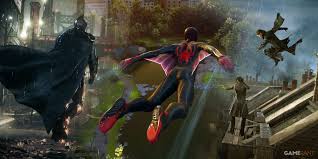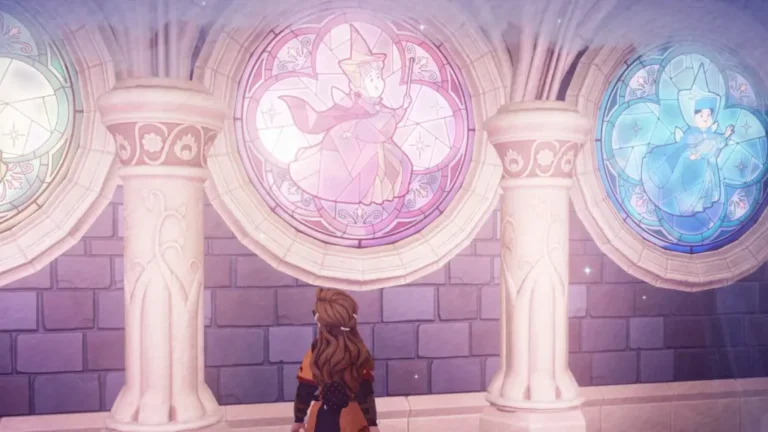

Table of Contents
1. Hidden Treasures & Organic Discovery
There’s a thrill in stumbling upon a secret cave, cryptic puzzle, or rare NPC event tucked away from main story beats. Games like Breath of the Wild and Dark Souls nailed this: small surprises—not just loot chests—make exploration feel genuinely rewarding . Designing content that some players may never even see adds magic to each journey .
2. Masterful Traversal
If wandering is dull, the world isn’t worth walking. Breath of the Wild introduced free climbing, gliding, and physics-based traversal that turned movement into gameplay . Redditors echo this:
“Most open‑world games either have a mount… but adding a bit more skill…makes the experience fun” .
3. Interactive & Reactive Worlds
A living environment responds to your actions. BOTW’s “chemistry engine” lets you freeze objects, light fires, and more—based on physics interactions. Paired with destructible elements a la Red Faction, these interactions let players invent their own systems of engagement .

4. Dynamic NPCs & Spontaneous Events
Avoid turning towns to quest factories—let events unfold naturally. Red Dead Redemption 2 is a master at this familiar-at-first-glance questing: NPCs wander into your world and spark stories on the fly . This transforms gameplay from task management to genuine adventure.
5. Elegant, In‑World Navigation
Maps and waypoints are old news. Now we follow environmental cues—like Ghost of Tsushima’s ghost wind or natural landmarks—immersing us without breaking flow.
6. Meaningful Dungeons & Spaces
Open worlds often skimp on dungeons—but Elden Ring shattered that notion with sprawling, layered dungeons that feel crafted, not tacked on They serve as story beats wrapped in puzzles, combat, and treasure exploration.
7. Crafting & Base‑Building
Let players build and personalize—toys aren’t just for kids. Whether crafting in Minecraft or building bases in Fallout 4, these systems inject agency, reward curiosity, and extend engagement .
8. Replayability & Player Impact
Alternate endings, NPC memory, dynamic economics, and systemic change all bond players to the world. Reputation systems, emergent Nemesis-like enemies, and multi-threaded choices zoom the world into personal relevance .

🎯 Why These Mechanics Spark Magic
- Engagement: Players feel empowered—discovery becomes reward.
- Storytelling through systems: Tales emerge from the world, not just cutscenes.
- Emotional memory: Hidden gems and reactive events stay with us long after game’s end.
- Playstyle flexibility: Soft guidance and emergent systems respect how you play.
- Long-term value: Meaningful choices invite reinspection and replay.
Crafting Your Dream Open-World
Blending these mechanics isn’t easy—but when done right, every moment feels alive. From scaling peaks to unfolding side-stories, these features together shape worlds that feel personal, memorable—and yes, magical.



